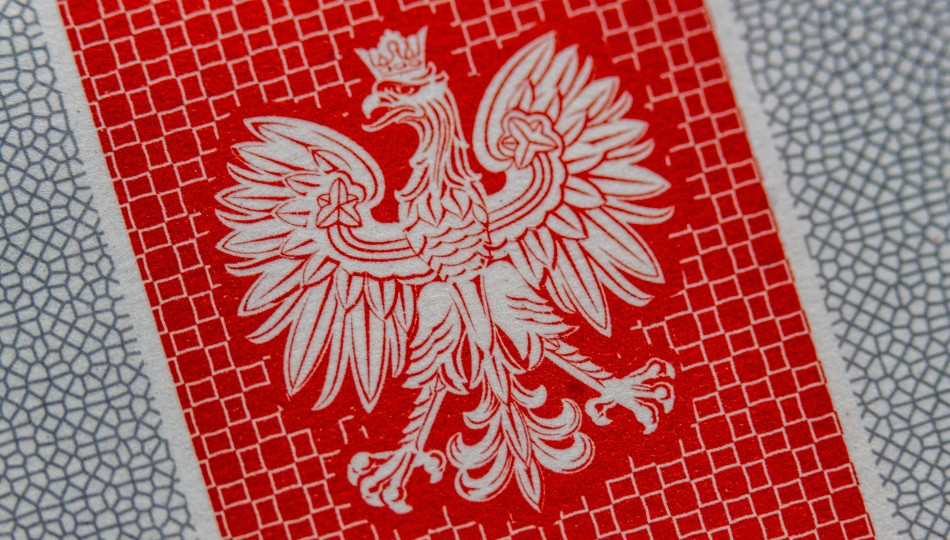Big changes ahead for foreign workers in Poland (2025 update)

Editor

Photo by Marek Studzinski on Unsplash
related articles
related offers
This year, Poland is making big moves to modernize how foreign nationals work and live in the country. With clearer legal pathways, full digitization, and more protection for workers, the upcoming changes aim to improve the experience for both migrants and employers.
Let’s look into the biggest changes.
Faster, more transparent decisions
If you've ever waited (and waited) for a work permit decision in Poland, you know how slow the system can be. That’s changing. In 2025, the Polish government will shorten the processing times for work permit applications, aiming to make the entire process more efficient and predictable for both employers and foreign workers (Sejm.gov.pl, 2024).
This move is designed to reduce bureaucracy and help fill urgent labor market needs.
Digital by default: The new role of the MOS platform
The biggest shift? All work and residence permit applications will go online. Say hello to the MOS platform (Moduł Obsługi Spraw) – a digital portal where users can:
- Submit required documents remotely,
- Monitor the status of their applications in real time,
- Access checklists and updates on necessary forms and deadlines.
Paper applications will be a thing of the past. The goal? Less time spent in government offices and more clarity throughout the process (Sejm.gov.pl, 2025).
This shift will benefit not only foreign workers but also employers and public administration by cutting down on human error and improving access to documentation.
Goodbye contracts of mandate – Hello employment contracts
In an important legal update, civil contracts like "umowa zlecenie" or "umowa o dzieło" will be phased out in favor of formal employment contracts ("umowa o pracę") when hiring foreigners. This change is intended to give workers:
- Better job security,
- Access to social benefits,
- Clearer rights and protections in the workplace.
This marks a serious step toward fairer treatment of immigrants, helping them feel more integrated and protected under Polish labor law.
Blue card 2.0: A better deal for highly skilled non-EU workers
Highly qualified professionals from outside the EU will see notable improvements to the EU Blue Card scheme in Poland starting in early 2025.
Here’s what’s changing:
- Business ownership rights: Blue Card holders will now be allowed to start and run businesses on the same terms as Polish citizens.
- Job mobility: Changing employers will no longer require a brand-new permit.
- Short-term mobility: In another significant shift, Blue Card holders from other EU countries will not need the need for additional permits to work in Poland for up to 90 days within any 180-day period (Sejm.gov.pl, 2025).
These updates are meant to boost Poland’s attractiveness to top global talent – especially in industries like tech, engineering, and science.
New migration law rules – How will they impact workers and employers?
For foreign workers, these changes signal more security, flexibility, and ease of access to Poland’s job market. Whether you're applying from abroad or already working in Poland, you’ll likely notice a smoother, more transparent system.
For employers, it means quicker onboarding, less red tape, and better legal clarity when hiring international talent.
Sources
Sejm.gov.pl (2025). Projekt ustawy o zmianie ustawy o cudzoziemcach oraz niektórych innych ustaw.












